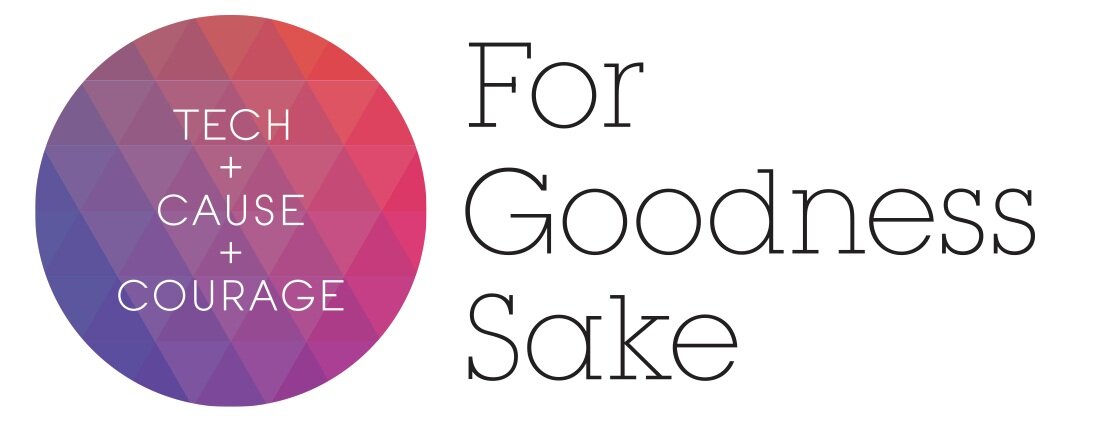Why Study Intimacy This Way
For generations, intimacy and pleasure were written off as “too individual” to study. The common refrain was that “everyone’s different.” Our research shows otherwise: there are clear, valuable patterns in how people build closeness. By capturing and naming those patterns, we make discoveries visible, shareable, and usable for the first time.
Our Methodologies
We use a multi-stage approach to uncover, organize, and share discoveries about intimacy and pleasure:
Qualitative Discovery – Large-scale interviews with thousands of people about the ways they create closeness and pleasure.
Pattern Recognition – Identifying common strategies and giving them clear, usable names.
Quantitative Validation – Nationally representative surveys in collaboration with academic partners.
Translation Into Resources – Relatable stories, statistics that normalize, animations and activities that make each nuance easy to see and apply.
Efficacy Research – Follow-up studies measuring outcomes like confidence, communication, and pleasure.
Selected Publications
• Herbenick, D., Fu, T. J., Arter, J., Sanders, S. A., & Dodge, B. (2018). Women’s Experiences With Genital Touching, Sexual Pleasure, and Orgasm. Journal of Sex & Marital Therapy.
• Hensel, D., von Hippel, C., Lapage, C., & Perkins, R. (2021). Women’s Techniques For Making Vaginal Penetration More Pleasurable. PLOS ONE.
• Hensel, D. J., von Hippel, C., Sandidge, R., Lapage, C., Zelin, N., & Perkins, R. (2021). “OMG, Yes!”: Feasibility, Acceptability, and Preliminary Efficacy of an Online Intervention for Female Sexual Pleasure. Journal of Sex Research.
